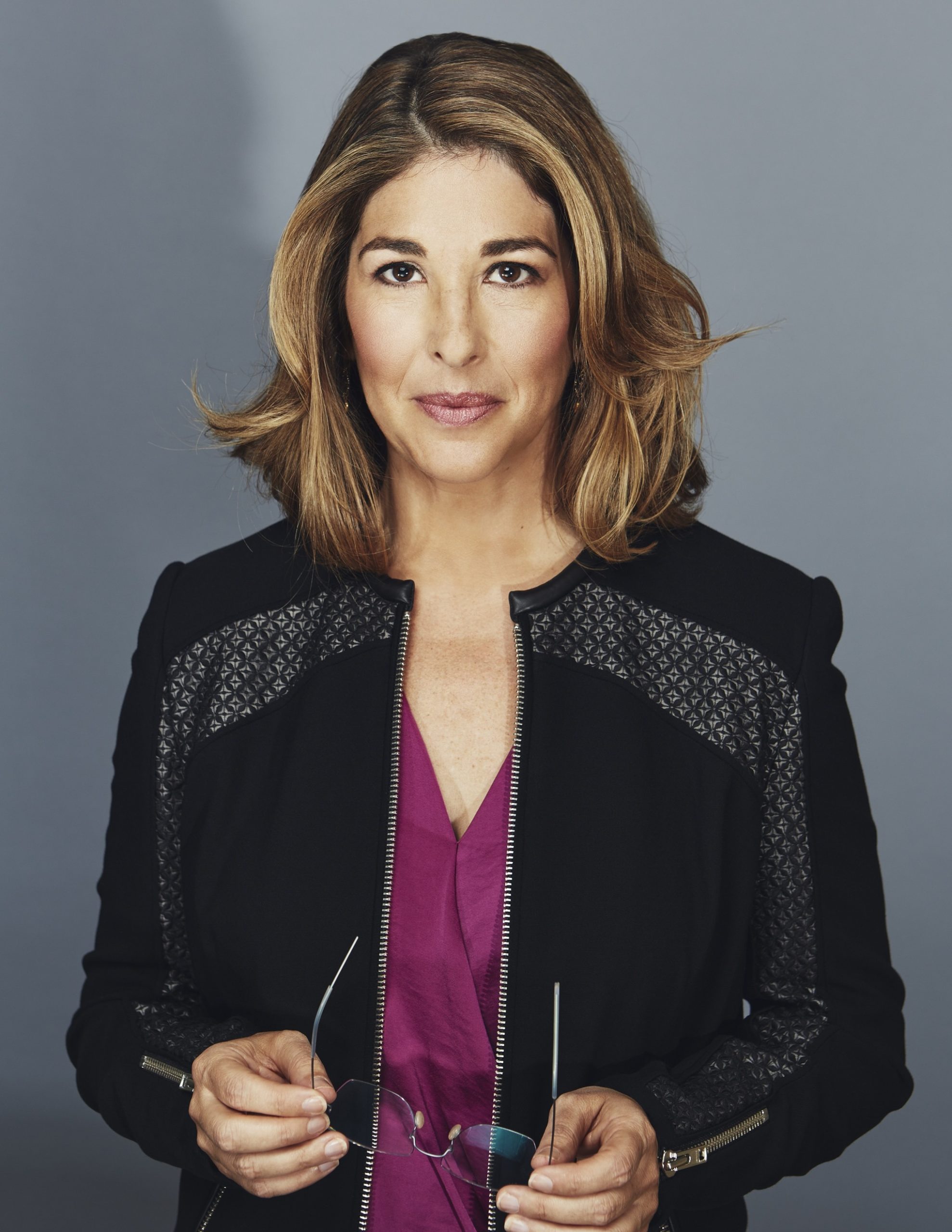By Katherine Verhagen Rodis (October 2, 2019)
On Fire: The Burning Case for a Green New Deal by Naomi Klein, Knopf Canada, September 17, 2019, 309 pp., $24.75
“We have been trained to see our issues in silos; they never belonged there.” (Naomi Klein, February 2019)
Regardless of whether or not you work in an environmental arm of the charitable sector, you need to read Naomi Klein’s new book, On Fire. Klein persuasively argues that everyone, regardless of their lifestyle choices and carbon footprint can and needs to participate in averting climate disaster.
Her messages in On Fire are these:
Protest. Raise your voice. Attend a climate strike or show solidarity with those who can. Regardless of your political affiliation, vote in the federal election on October 21st. Take purposeful and civil action to help avoid climate disaster, she urges, a world where the global temperature raises by 4 degrees Celsius.
“The failure to do so,” says Klein, “is a choice, not an inevitability of human nature.”
The consequences are terrible if the global temperature raises by 1.5 degrees Celsius, as illustrated by the UN’s Intergovernmental Panel on Climate Change (IPCC). But they also illustrate how we would face substantial species extinctions, large risks to global and regional food security, and the risk of irreversibly destabilizing Greenland’s massive ice sheet if the global temperature rose further. We would face a world with previously densely populated areas evacuated by displaced peoples, due to their inability to sustain agriculture or sustainable human life.
According to the IPCC, we have eleven years to stop our grim march towards our own eventual extinction.
Incremental policy change, individual consumer choices and geoengineering alone won’t save us. Not without recognizing that the raw materials that built modern economics are peoples marginalized by race, class and geography. Not without recognizing that peoples who are currently most affected by rising sea levels and severe drought live in the developing world. Or that governments like our own speak of “truth and reconciliation” while they disregard Indigenous land rights in resource extraction, from pipelines to clear-cut logging, after “centuries of abuse and land theft.”
As Klein stresses, “there can be no reconciliation when the crime is still in progress.”
Klein’s book is alarmist. But it’s an alarm that many of us have been ignoring as our house is crumbling around us, burning.
In June of 2019, the organization the Leap launched a cross-country tour to demand a “Green New Deal” with Naomi Klein, David Suzuki and Pam Palmater, among other activists. The Green New Deal is an ambitious ten-year plan to create millions of jobs while tackling the climate change crisis. It involves massive public investment in clean energy, transit and climate adaptation work as well as addressing deeply entrenched systematic social and economic oppression of racially marginalized peoples.
The Green New Deal requires mass mobilization inspired by past war-cabinet, sweeping, economy-wide transformations like the Marshall Plan and Franklin Roosevelt’s New Deal. Though she admits that these historical analogies have their flaws, they demonstrate that,
when ambitious goals and forceful policy mechanisms are aligned, it is possible to change virtually all aspects of society on an extremely tight deadline, just as we need to do in the face of climate breakdown today.”
We have had more than enough warning.
Klein says that “it has been over three decades since governments and scientists started officially meeting to discuss the need to lower greenhouse gas emissions to avoid the dangers of climate breakdown.” Indeed, it’s been nearly six decades since the publication of Rachel Carson’s Silent Spring (1962), a book credited with starting the modern environmentalist movement. Carson’s book inspired David Suzuki to write the “Declaration of Interdependence” (1992), published nearly thirty years ago.
He warned us that “when we compromise the air, the water, the soil and the variety of life, we steal from the endless future to serve the fleeting present.” Suzuki’s words haunt the present and echo in Greta Thurnberg’s passionate addressto world leaders at the United Nations Climate Summit in New York: “You have stolen my dreams and my childhood with your empty words . . . The eyes of all future generations are upon you. And if you choose to fail us, I say we will never forgive you.”
Klein draws inspiration from the #FridaysForFuture school strike movement, led by Thurnberg. Klein’s introduction praises youth who led a global school strike in March of 2019, ones who were tired of having their future stolen for fleeting economic profit.

Photo Kourosh Keshiri
The 1.4 million youth who protested around the globe would later have their numbers eclipsed by the estimated 4 million people who marched during the Global #WeekForFuture between September 20th to 27th, 2019, across 4,500 locations in 150 countries, including 85 cities across Canada. The week ended on September 27th, 2019, the anniversary of Silent Spring’s publication and with half a million people rallying in Montreal, listening raptly to the words Thurnberg.
It is hard not to be inspired and moved from outrage to action by Klein’s enthusiasm for youth political advocacy and mass mobilization.
Klein urges us to stop stealing from the future in order to satisfy the fleeting present. The future is already here.
Katherine Verhagen Rodis is a proud member of and volunteer for the Association of Fundraising Professionals. She’s a former teacher and academic; she knows how to use a semi-colon effectively, and is #LGBTQ+ and #neurodiverse, (she/her). @kverhagenrodis
